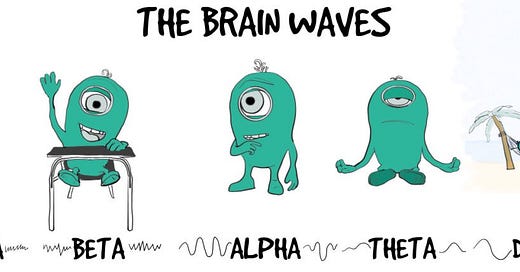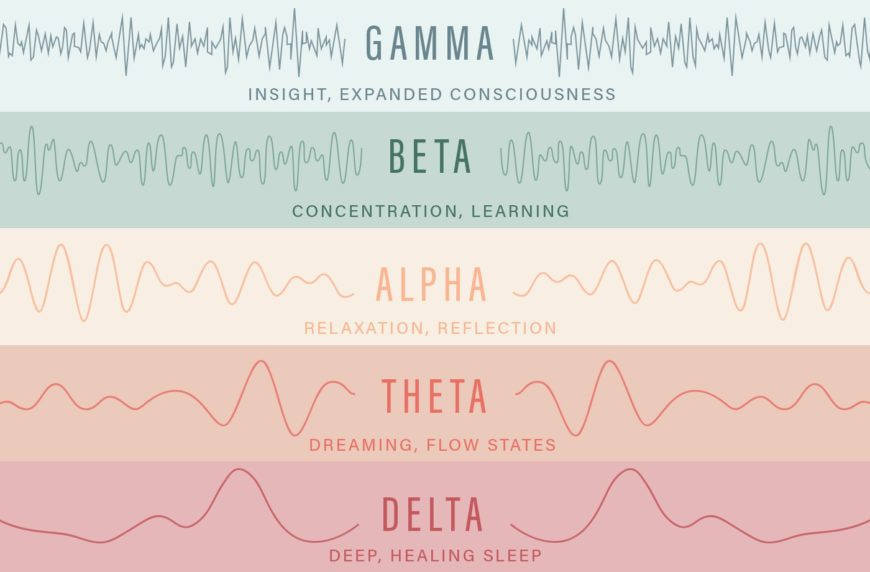The Astounding Power of the Pause
Every day you are busy.
After a fretful night's "rest", you have a to-do list that never seems to end, emails that fill your once pristine inbox, people demanding attention, meetings to attend, clients to serve, pander over a sickly child, worry about tomorrow, handle problems, a report for the boss and the list goes on. Who's got time to stop and think for a moment?
Well, if you don't, you may soon be pausing in a hospital bed, tied to a machine that's beeping and asking yourself why you didn't spend more time in the office, take a little more care of yourself.
Purpose If you want to perform at your peak. If you want to be seen as wise, thoughtful, intelligent and better at your job. Then learn how to pause.
Process This is simultaneously the easiest thing anyone has ever asked you to do and it is the most difficult. I'll share how this affects your brain, and how it impacts every relationship you have and all communications. Then you'll do it.
Payoff You will be clearer and more purposeful in everything you do. Your relationships will vastly improve and your communications will be way better.
It cannot be this easy to fix this!
It is. And when you understand what is happening in your brain you'll see why it works, and, I absolutely guarantee, you can do this. This is not like getting your body fit by going to the gym 6 times a week or training to run a marathon. It's even easier than going to the toilet and takes about the same amount of time. In fact, you can even do this whilst doing your toilet business. In fact, that's a particularly excellent time to practice.
We'll start by understanding the root of all your thinking, behaviour and emotions, then I'll show you how you can alter what's happening inside your brain, then we'll do a very quick exercise for you to do it for yourself. From then on, you just use this whenever you need to.
The Root of Everything You Do.
At the root of all your thinking, every emotion and every single thing you do is the electrical-chemical communication between neurons inside your brain. The electrical activity is measured in the form of brainwaves.
If you can remember a radio, you'll also recall that you had to tune your radio to the frequency of the station you wanted. Your brain operates along five frequency bands - and each band is associated with different types and levels of brain communication. From high frequencies with short wave lengths to lower frequencies with longer wave lengths. For simplicity, we can think of these as fast and slow respectively.
Five Brainwave groups
At our highest frequency we have gamma waves. These are associated with insight, peak focus, and expanded consciousness. If you are currently sharply concentrating on this new information, it'll be gamma waves that are helping you store this learning and associating it with existing knowledge and experience.
A little slower in frequency and we have beta waves. This is the state you probably spend most of your active day especially in the urban jungle and our always-on society. Fabulously, beta waves allow us to concentrate hard on the task at hand and they are critical when we read, write and socialise but there is a cost in that beta waves can sap our energy and reduce emotional awareness and creativity.
Once you get home and relax and reflect quietly your brain waves slow down to alpha waves. If you suffer from insomnia, anxiety or obsessive-compulsive symptoms you likely don't switch down to alpha and you need help. If on the other hand, you keep on socialising, watching fast-paced television or studying, you are keeping your brain in beta or even gamma state. And that's simply exhausting you.
When you nod off into the world of dreaming, you experience theta waves. Interestingly, theta waves are also present when you are in that elusive, brilliant, effortless state often called being in the "flow" of peak performance. It's that autopilot type state you've been in when driving home on a familiar route, arriving home and wondering how you got there. It's in this state that many people get their flashes of insight or bursts of creativity.
Lastly, we have delta waves which are associated with deep dreamless sleep. Some people can meditate themselves into this state whilst remaining alert and awake. These waves are the source of empathy, healing and regeneration - hence why deep restorative sleep is so essential to the healing process.
Manipulating brainwaves
The biggest issue for most people in this modern, always-on, hustle and busyness lifestyle is that we rarely make time to allow our brains to slow down. We get stressed and perhaps anxious, and the mind is whirring away at a fast pace zapping through energy and leaving the body exhausted.
So how do we alter our brainwaves?
Any process that changes your perception, changes your brain waves! Our brainwaves change according to what we are doing and how we are feeling. When slower brainwaves are dominant, we can feel tired, slow, sluggish or dreamy. When higher frequencies are prevalent, we feel wired, hyper or "buzzed".
So, change what you are doing, and your brainwaves soon respond. It can take some degree of effort to force yourself to jog when you are feeling sluggish, but it will do the trick.
Of course, chemical interventions such as medications or recreational drugs are the most common methods to alter brain function.
Beta-blockers, for example, commonly used by people like me with serious heart conditions, slow the heart rate, reduce blood pressure and block crucial chemicals like norepiphrine or adrenaline (terrifically useful in the flight or fight response and memory consolidation). This makes it difficult to lift brainwaves into the high beta frequencies and tougher still getting to gamma waves.
ONE thing that everyone can do is choose to control their brainwaves to a greater extent. Since most people spend most of their waking time in beta state, what is truly needed is to biohack their brain and slow down their brain waves. Though you can, biohack to get into gamma state.
And you have two simple choices to start gaining control of your brain and hence, your life. Both of which, by the way, you've been doing since day zero. The first is "The Easy Way", and the second is "The Easier Way".
The Easy Way
Take One deep breath.
Bring your full completely focussed attention to your breathing for two minutes. Just two to start. You'll get up to seven within a week.
Become aware that you are breathing and then pay attention to the process of breathing. Anytime your attention wanders, just bring it back to your breathing.
The Easier Way
Just Pause
Find a quiet spot (or plug in your earphones and tune in to relaxing, restful meditative music played softly).
Sit without agenda for two minutes. Stare into space, or close your eyes. Just remain awake but completely relaxed. Any moment your attention wanders just wipe it away and go back to nothingness.
And you can switch between the easy and easier way anytime you wish.
On the audio at 07:56 there is a practice 2 minute pause for you to enjoy.






